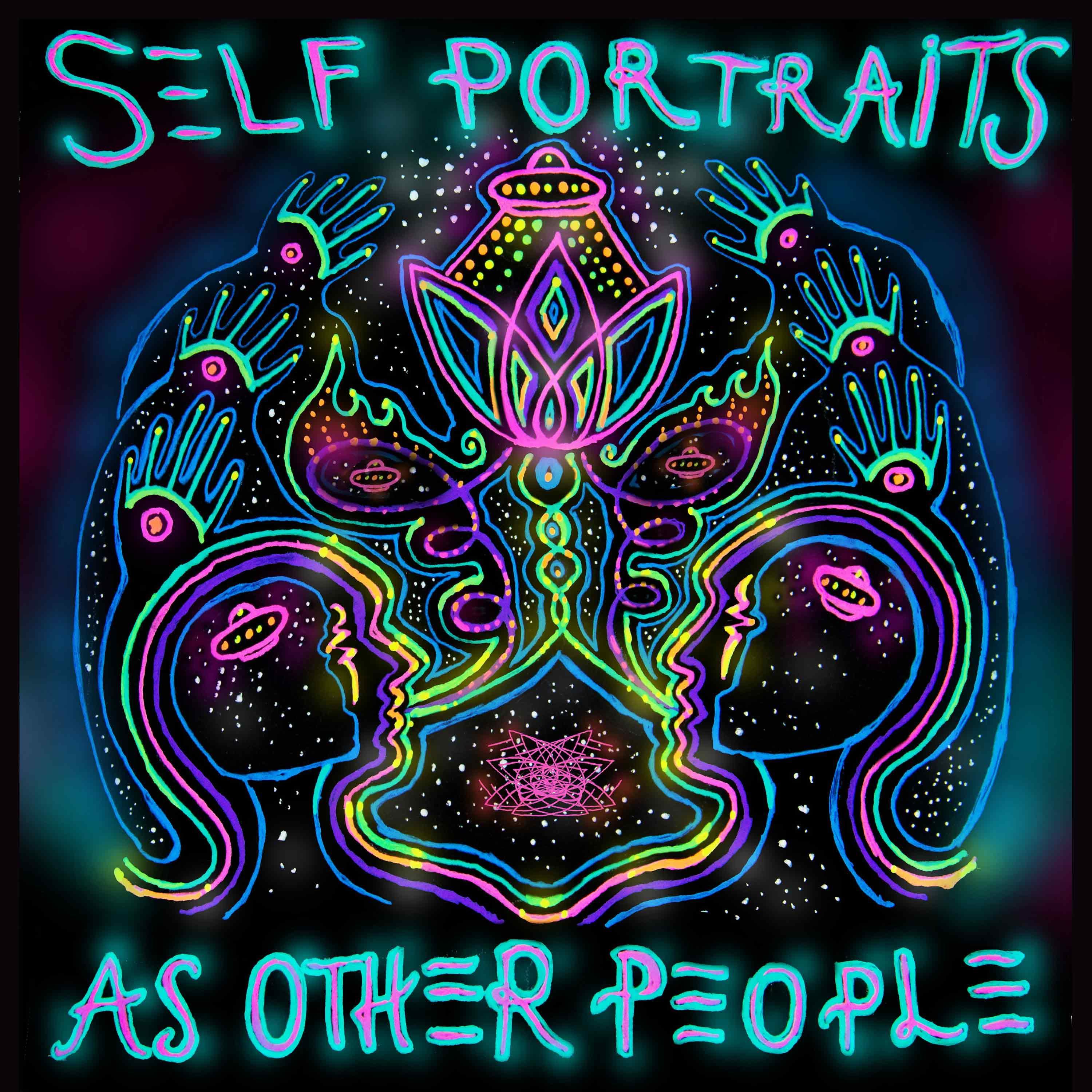![[BONUS] Michael Garfield: "How Screwed Are We?" Artwork](https://www.buzzsprout.com/rails/active_storage/representations/redirect/eyJfcmFpbHMiOnsibWVzc2FnZSI6IkJBaHBCTU4xQXdnPSIsImV4cCI6bnVsbCwicHVyIjoiYmxvYl9pZCJ9fQ==--c6079e04039a86757bf16904fbc559ef019dcb00/eyJfcmFpbHMiOnsibWVzc2FnZSI6IkJBaDdDVG9MWm05eWJXRjBPZ2hxY0djNkUzSmxjMmw2WlY5MGIxOW1hV3hzV3docEFsZ0NhUUpZQW5zR09nbGpjbTl3T2d0alpXNTBjbVU2Q25OaGRtVnlld1k2REhGMVlXeHBkSGxwUVRvUVkyOXNiM1Z5YzNCaFkyVkpJZ2x6Y21kaUJqb0dSVlE9IiwiZXhwIjpudWxsLCJwdXIiOiJ2YXJpYXRpb24ifX0=--1924d851274c06c8fa0acdfeffb43489fc4a7fcc/EDMM_Presents_Michael_Garfield_frame.jpg)
Emerson Dameron's Medicated Minutes
LA’s #1 avant-garde personal development program. I'm Emerson Dameron. I love you, personally. Levity saves lives.
The home of Ask a Sadist, Bite-Sized Erotic Thrillers, and the First Church of the Satanic Buddha. Levity saves lives.
Regularly scheduled episodes premiere on the first Wednesday of the month on KCHUNG Los Angeles.
Emerson Dameron's Medicated Minutes
[BONUS] Michael Garfield: "How Screwed Are We?"
The brilliant and generous Michael Garfield took the time to chat on the phone about many subjects relatively quickly.
Slices of this conversation can be heard in S5E11: Whispers of the Infinite: Uncover Your Core Motivation.
This bonus mini-episode includes just those slices... because it's Thanksgiving.
Paleontologist-Futurist Michael Garfield helps "Rewild the Singularity" – restoring soul to the philosophy of technology, midwifing new myths for transition, and helping cultivate the curiosity and play we'll need to thrive in our accelerating age.
Emerson Dameron's Medicated Minutes is LA's #1 avant-garde personal development program and the only good podcast.
Levity saves lives.
Thank you. How screwed are we. That depends on who we are, and if you mean the species, I would say now there is one human species, but we decimated a number of intelligent hominids in our past. For most of human history we have not regarded ourselves as a single unified entity. The enormous gap in access and availability of certain resources and conveniences leads some people to think that we're actually talking about that. We've already kind of undergone something like a shadow speciation, especially if you think about certain definitions of species that base the categorization not on anatomical features but on the willingness to reproduce in laboratory environments. You know, even then I would say that I think humankind is very likely to live through even the worst case scenarios that people seem keen on forecasting. On the other hand, I think the sort of modernist, humanist idea, you know, humankind has always been on somewhat rather tenuous footing. I like to maintain that we are going to find new ways to pull it together, you know, and not just find better ways of identifying as a species, but find better ways of communicating interspecies, you know, with others.
Speaker 1:A big piece of the pushback, again, evolutionary thinking, was because it attached the idea of the human as an ontological category, emergent and processual and we can't really ask how screwed are we without first asking the question of how well can we identify with the other? Because if we regard ourselves as separate from the rest of the living world, we're part of the problem. But regarding people who see themselves as separate from the living world as a problem, you know a tumor to be irradiated or whatever is also part of the problem. We're not seeing evolution operating only on individuals or only on genes. These are somewhat arbitrary partitions of information flowing through environments or, you know, through time and space. The same applies to cybernetic considerations, where you're asking you know where decisions are and are not being made. You know natural selection is something that people do. Right? This whole thing started as a question of animal breeding, humans are. You know? Up until very recently, humans were not actually generating the mutations that they were selecting from. You know you can see animal husbandry as a kind of prototypical instance of a human on the loop process, where you know we see a variety of options and we're selecting. We're saying no as much as we're. You know it's like the question of like. Are we saying yes to the propagation of certain breeds? It it's like I think you know, my emphasis on the loop over in or out of is an attempt to bridge the perspectives of people who feel like they are completely out of control in these incredibly vast and opaque and, you know, multi-dimensional technological infrastructures that we find ourselves, and also sort of popping the balloon of tech barons who are, in one sense, you know, validly recognizing themselves to be some of the most highly agentic entities that have ever existed on the planet, completely incapable of actually controlling civilization or controlling the biosphere.
Speaker 1:Bill thompson used to talk about the, the intellikey of like human being, defined fundamentally as a, you know, a, a like a permacultural guild or consortium of animal, vegetal and mineral intelligences. And so you, you know, like me sitting here with my laptop computer, surrounded by houseplants, is the unit, that's the self that we're operating at here. And so, like, how do we teach people to wield power that's sort of beyond the scope of individual understanding in a modernist sense, responsibly Like? A part of it is, you know, this question of like, how collective intelligence comes into the foreground of esoteric cultures that are suitable for an age of generative ai, or what you know again, like ko lotto mcdowell called more broadly neural media, which would include, like brain machine interfaces and so on. But like, we get somewhere by accepting Arthur C Clarke's third law, that any sufficiently advanced technology is indistinguishable from magic, and then asking the question that rationalists don't really seem to enjoy, which is, where is magical thinking useful in the, you know, the digital, meta-modern or meta-industrial environment?
Speaker 1:Frederick Hodolin said poetry is the beginning and end of all scientific knowledge, and it's like well, we are, you know, it's becoming more and more evident that you know we are, you know our technologies are. These networks of semantic associations, like latent spaces of statistical correlations, which is very much based on and reflective of the way that our own brains work to cut paths through that thicket of associations and encode them in narrative structure, are prerequisite for the derivation of causal, mechanistic frameworks in science. And then science itself gestures toward levels of complexity that it's constantly breaking itself against the rock of, you know, complexity that exceeds our ability to cognize or to narrativize. So like, I'm excited that we might, basically that I get to play some small part in the formation of cultural norms and of relationships whereby, you know, primavera de Philippi called the institution, which is, you know, not an institution in the classical sense but, you know, groups of people that come together out of a sense of you know, affinity or a sense of shared possibility. We find better ways of moving through highly automated, incredibly powerful technological environments, with the integrated insights of the hermetic tradition and the full inheritance of our highly plural wisdom. What I'm excited about is seeing how Fran's rationality takes root in built wilderness populated by strange machinic intelligences and augmented humans and people in communication with the entire ecosystem, various kinds of non-human intelligence Deliberately choosing to inhibit some sort of response that has been proposed by an autonomic process elsewhere in the body.
Speaker 1:You know, if you have like unusually strong executive function this is kind of a weird example tantric practices of you know, retention or just simply like Buddhist unattachment. You know from like. I'm not going to react to this. At first I thought this was seriously a setup. She seemed really into it. Then I thought maybe she loved taking my disappointment and also was using sex for power. I don't know if that blew my mind, but it blew something Steamy, dreamy and way too hot for radio. Crimson Transgressions, a bite-sized erotic thriller by Emerson Dameron. Find it before it finds you.
Podcasts we love
Check out these other fine podcasts recommended by us, not an algorithm.

Emerson Dameron's Medicated Minutes
Emerson Dameron
Self Portraits As Other People
The Ungoogleable Michaelangelo
Desert Oracle Radio
Ken Layne

